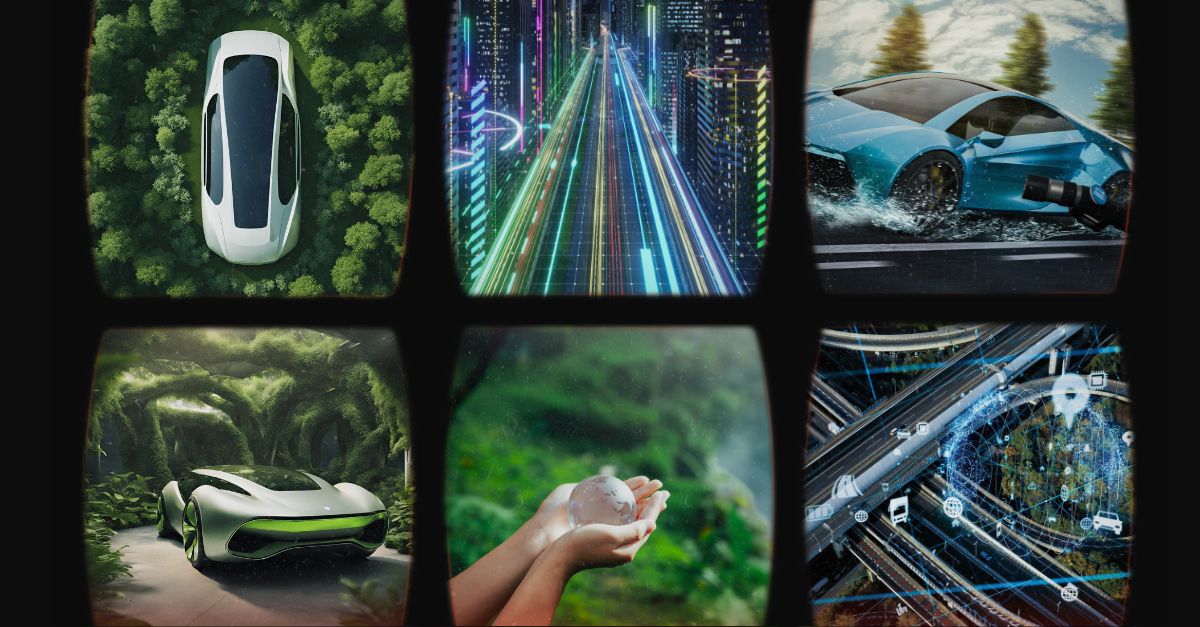Deepen and refine skills through a series of online seminars
Future of Automotive for Intelligent Mobility
The Future of the Automobile for Intelligent Mobility School is an intensive training opportunity sponsored by MUNER and aimed at introducing young professionals to some of the most advanced trends in the automotive sector.
It is a further step in the MUNER educational ecosystem, an intensive educational opportunity aimed at exposing young professionals to cutting-edge trends and knowledge pillars that will shape the automotive industry in the medium/long term.
This programme focuses on fostering the skills and attitudes needed for young engineers to contribute to an unprecedented paradigm shift in the industry.
This unique experience offers 55 participants an intensive two-week period of 90 hours of online classroom sessions taught by innovation-focused professors and professionals from the world’s leading automotive companies.
Details
45 seminars totalling 90 hours taught.
- Graduate students
- PhD students
Two week-programme (from November 13 to December 1, 2023).
The programme is delivered online.
90 hours of online seminars
The number of participants is limited to 55.
Places will be allocated on a first come, first served basis
Registration is online only and must be confirmed by immediate payment.
Places will be allocated on a first come, first served basis
By registering you will get online access to the seminars in which you will be able to listen and interact with the lecturer. Classes are recorded and you will also have exclusive access to recordings for three months after the end of the School.
Fee: TBD
Fee: Thanks to the funding of Regione Emilia Romagna, the fee for the 2023 edition of the higher education school on Future of automotive for intelligent mobility is limited to 85€
Contact: info@highereducation-muner.it



